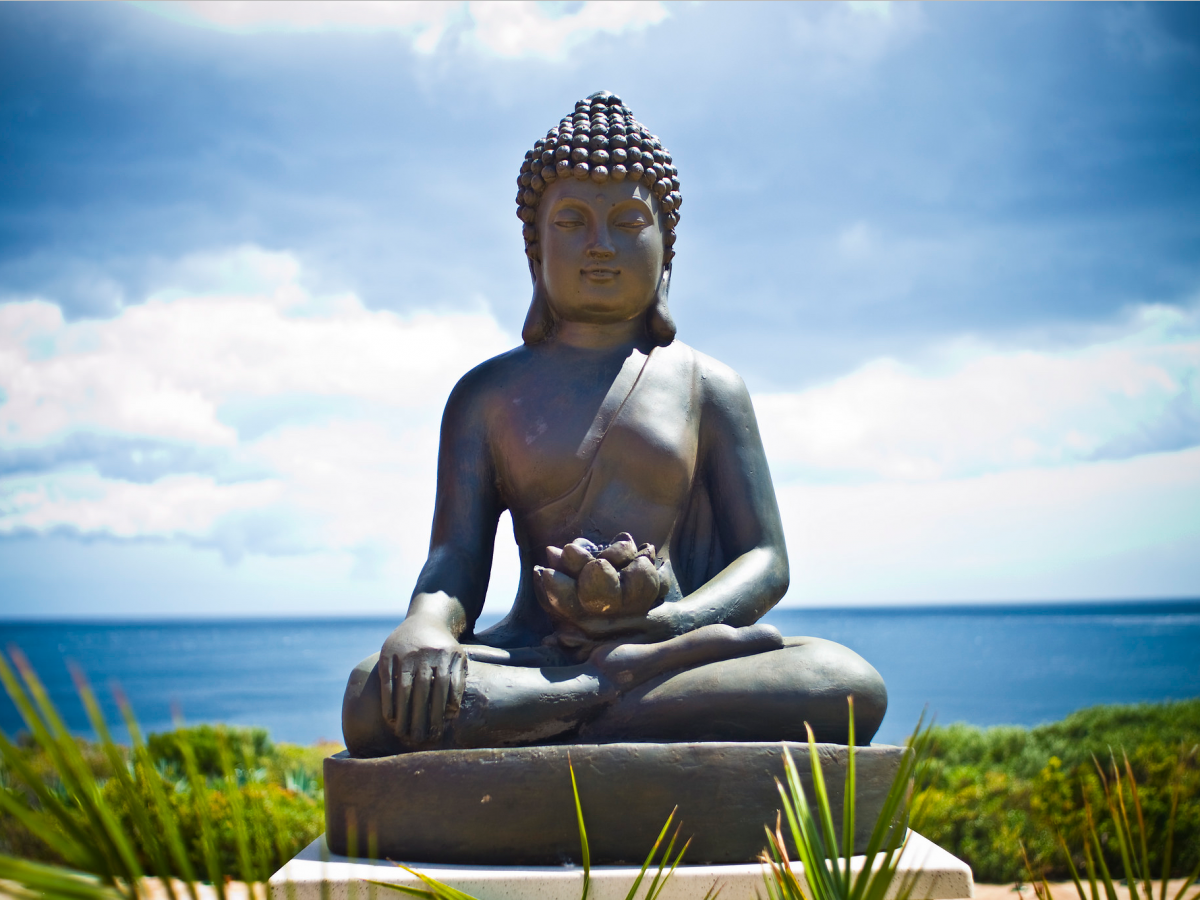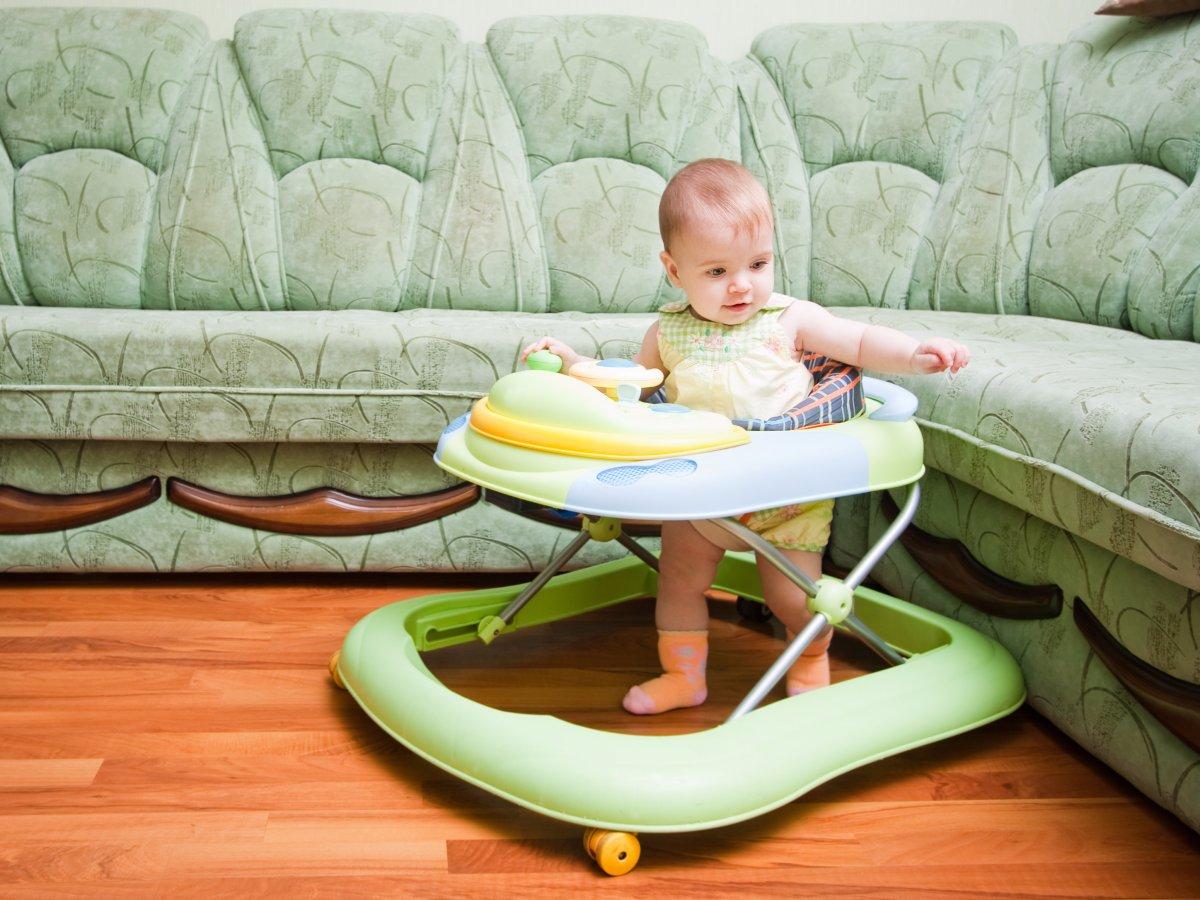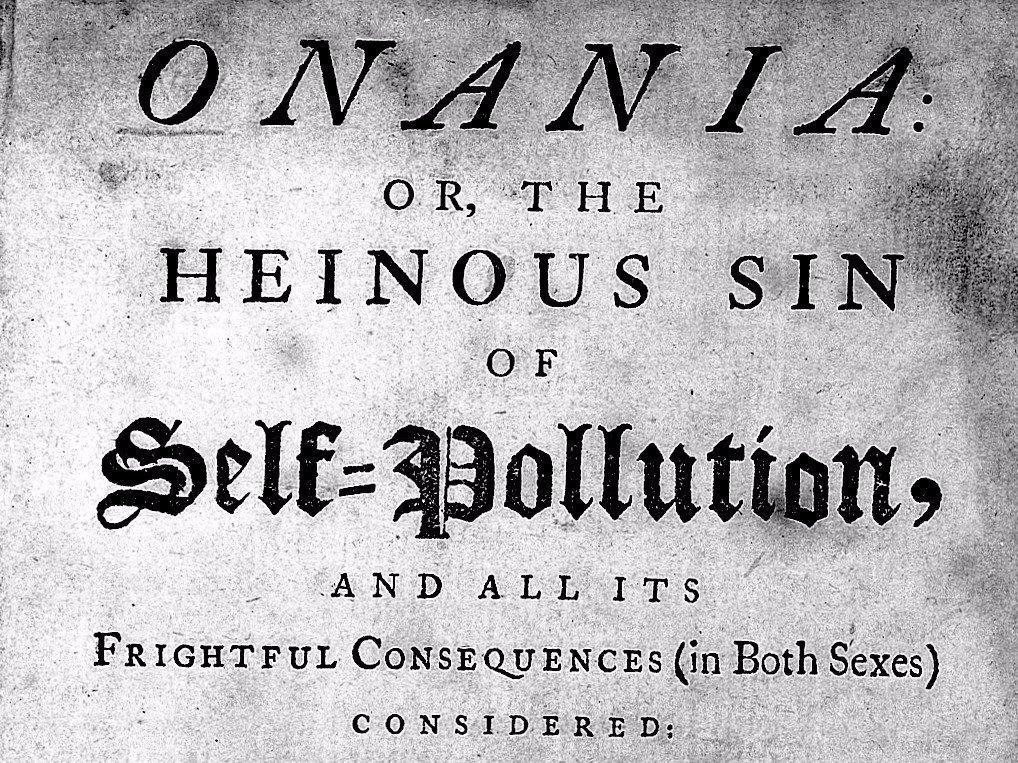22 bizarre things you didn't know were banned or illegal around the world

There are so many reasons why people travel. Some explorers want to experience culture and food while others are boarding planes in the hopes of discovering history and nature in far off destinations.
But no matter why you're traveling abroad, it's good to remember that some places have rules, regulations, and laws that may seem foreign to you.
Here are 22 things you didn't realize were banned or illegal around the world.
You aren't allowed to be reincarnated without permission in Tibet.

Buddhist monks in Tibet are not allowed to be reincarnated without permission from the Chinese government. The law, which is under the State Religious Affairs Order No.4, was passed in 2007.
While it would be pretty hard to enforce this rule, it seems like it was created to insult the Dalai Lama and hinder his influence on the public.
There's a limit on when and how much you can use ketchup, mayo, and vinaigrette in French schools.
Many media outlets have reported that France has some sort of agenda against ketchup. But Quora user Vincent Dupuy says that is just not true.
"The goal of this text was to improve the dietary quality of the meals served in French schools," he says. "In article 2 it is stated that all sauces (mayonnaise, ketchup, and vinaigrette) must not be in free access but served according to the dish."
French schools are just looking out for the health of their students: The government issued this 2011 restriction to cut fat intake.
Strip clubs are banned in Iceland.
In 2010, Iceland banned companies from "profit[ing] from eployee nudity," according to NBC. This applied directly to strip clubs, making Iceland the first country to ban these clubs for nonreligious reasons.
Babies won't be strolling along with the help of baby walkers in Canada.

Baby walkers seem like simple tools that can help your child stay active, but Canadian kids will have to stick to crawling before they can walk since this product was banned in 2004 for being too unsafe.
Canadians caught with baby walkers or caught selling baby walkers can face fines up to $100,000 (CAD), according to CBC News Canada.
Mullets and ponytails are just two of the "western men's hairstyles" that are banned in Iran.
Since 2010, Iran has a strict "no mullet" policy.
It's not the only hairstyle that the country banned: Western hairstyles including "ponytails, mullets, and long, gelled hair for men" are not allowed, according to The Guardian.
Chewing gum is not allowed in Singapore.
There are a number of laws in Singapore that are quite odd. One is that importing chewing gum into the country is banned. The penalty isn't just a slap on the wrist either -- people face fines of up to $100,000 (SGD) and a prison sentence.
Only certain chewing gums are allowed for medical reasons, according to the BBC.
People in Saudi Arabia and Pakistan are banned from publicly celebrating Valentine's Day.
In 2017, Pakistan banned its people from celebrating Valentine's Day because it is not a Muslim tradition and should not be celebrated since it focuses on love that isn't directed towards God, according to CNBC.
Indonesia made a similar move when "Officials and clerics [...] banned and rejected the idea of Valentine's Day," according to CNBC.
And Saudi Arabia also banned the sale of Valentine's Day items in 2008, according to The Independent.
Keeping goldfish in big glass bowls is not tolerated in Rome, Italy.
In Rome, Italy, you aren't allowed to keep your goldfish in round glass bowls. Keeping a goldfish in this type of bowl is considered cruel, especially since scientists say the bowl limits their oxygen flow and can cause the animal to go blind.
A subsection of the 2005 bylaw also prohibits giving away goldfish, or other animals, as prizes.
Not walking your dog is also a crime in Rome.

Rome cares about their dogs just as much as they care about their goldfish. The Italian city is the second one in the world to make walking your dog a requirement with a bylaw in 2005. If you fail to do so, you can be fined $700, according to CBC News.
You also aren't allowed to leave animals in hot vehicles or store windows.
Anonymous blogs with over 3,000 daily visitors are banned in Russia.
2014 regulations that passed in Russia required blogs with over 3,000 daily visitors to register as a media outlet and disclose personal data, according to The Washington Post.
Users are also banned from using Russian obscenities and can be fined between $280 to $1,400 for individuals, and as much as $14,000 for organizations.
Lacy underwear won't be found in Russia, Belarus, and Kazakhstan.
2013 regulations in Russia, Belarus, and Kazakhstan effectively banned lacy lingerie. The regulations require clothing that directly touches your skin to contain at least 6% cotton, according to CNN.
The ban was put into place because of health concerns that the fabric isn't breathable for the skin.
Certain baby names are banned in Denmark, Iceland, and Portugal.
Certain countries around the world all have specific rules in place to protect the names of their children.
A Portuguese law, for instance, restricts "names that raise questions about the sex of the registrant." People in Portugal can actually look at a government approved list of baby names that are mostly traditional and clearly state which sex the baby must be for the name to be appropriate.
In Denmark, their "Law on Personal Names" exists to protect children from names that can affect them psychologically. According to the Huffington Post, you can petition to have a different name approved rather than choosing a gender specific one from this list. This, however, isn't easily done.
Iceland's controversial rule is eerily similar but also requires parents to give their kids at least one, no more than three, forenames. New names are consistently added to the official list.
Wearing heels on ancient grounds is against the law in Greece.

Step away from the Acropolis and switch out of your high heels. Shoes with high heels aren't allowed at historic sites in Greece since 2009, according to NPR. The point on heeled shoes can put a surprising amount of pressure on the ground, and can chisel away at the architectural sites.
The Swedes don't allow spanking or advertising to children.
In Sweden, spanking is illegal not just in schools, but at home as well. The country was the first in the world to vote on prohibiting spanking in 1979, but not the last -- 30 more countries so far have followed Sweden's lead.
On a similar note, Sweden wants to protect its children from advertisers. The country has a TV ban on ads since the '90s directed at children under the age of 12. Specifically, an ad can't run directly before or after a children's show comes on.
There are restrictions on how much noise you can make and when in certain parts of Australia.
Victoria -- a state in Australia -- restricts loud noises during certain times of day, specifically at night when a person's neighbors are likely asleep.
And if you want to vacuum on Good Friday? Sorry, it's not allowed. You can read the full breakdown of noise restrictions here.
You need to carry an ID with you in lots of European countries.
You must have something to ID yourself with at all times in a bunch of of European countries including Germany, Hungary, Belgium, the Netherlands, Austria, and Spain, according to AFAR.
Even if you aren't a resident, this rule may still apply to you, so make sure you keep your passport handy.
Masturbation is not allowed in Indonesia and Saudi Arabia.

Masturbation is illegal in a few places around the world and can lead to fines and jail time.
In Indonesia, a quick Google search will lead you to believe the punishment for masturbation is decapitation, but that's not true -- the max prison sentence is actually 32 months, according to The Guardian.
And in Saudi Arabia, a teacher was sentenced to three years in prison and received 300 lashes for proclaiming that masturbation is allowed under Islam.
Don't use all of your pennies in Canada.
Canadians aren't allowed to use more than 25 pennies in one transaction, according to the CBC. This was step one of phasing out the coin, a move that started in 2013.
The government claims the change is in an effort to help the general economy and be less taxing on the environment.
Overweight employees equal fines for companies in Japan.
A Japanese national law from 2008 makes companies and local governments measure their employees' waistlines if they're between the ages of 40 and 74 years old, according to the New York Times. If you exceed the government-mandated limits, you will be given "dieting guidance" and the companies and government organizations could suffer financial penalties.
This law was created to help shrink the overweight population of the country and encourage people to live a healthy lifestyle.
In Australia, it's technically illegal to create and share memes.
In Australia, it's technically illegal to create and share memes. The country has strict copyright rules and laws when it comes to this shareable content.
According to the Australian website News, section 132A part 2 of the Copyright Act says, "distributing an infringing article that prejudicially affects the copyright owner" is against the law. This technically makes posting memes online against the law.
The Australian Digital Alliance and Wikipedia are campaigning to have the law updated so that people can share, copy, or create work as long as they aren't taking profit away from the content's owners.
You can't impersonate Hitler in Germany or Austria.

In Austria and Germany, it's illegal to glorify Hitler. A 25-year old dressed up as the German dictator was even arrested outside of the home Hitler once lived in, according to News.
You're not allowed to stop on Germany's Autobahn.
According to Travel and Leisure, Germans also aren't allowed to run out of gas on the Autobahn, a highway system controlled by the government. Walking is another no-no on the highway and doing either of these things can land you a $100 fine for endangering other drivers.
Read more:
• This chart is easy to interpret: It says we're screwed
• How Uber became the world's most valuable startup
• These 4 things could trigger the next crisis in Europe
Read the original article on INSIDER. © 2016. Follow Business Insider UK on Twitter.
Join our commenting forum
Join thought-provoking conversations, follow other Independent readers and see their replies
Comments
Bookmark popover
Removed from bookmarks